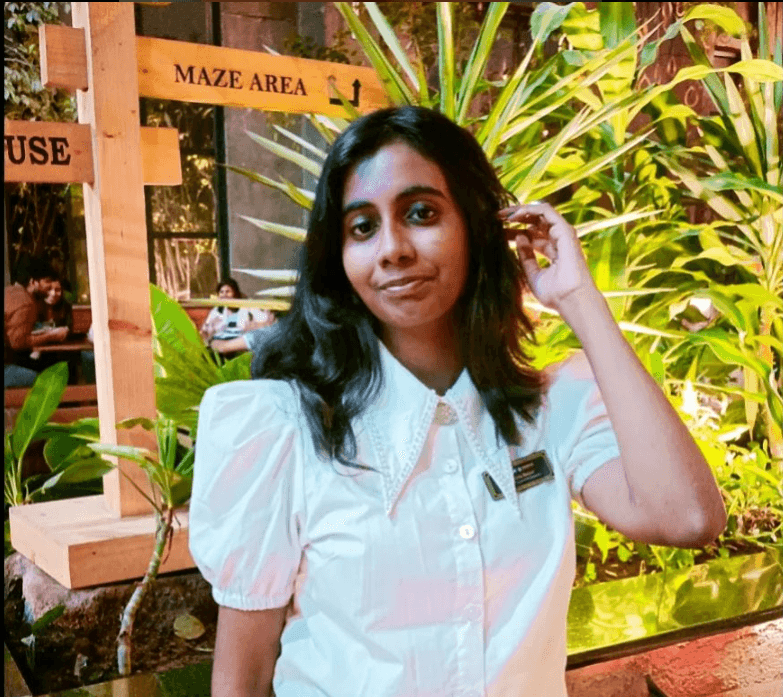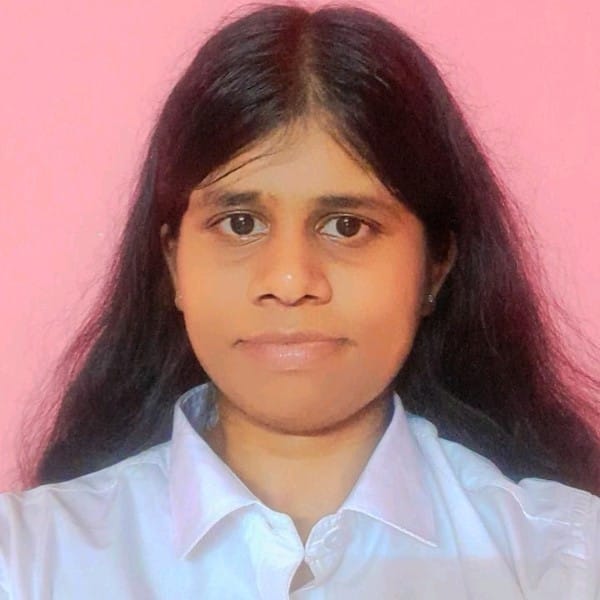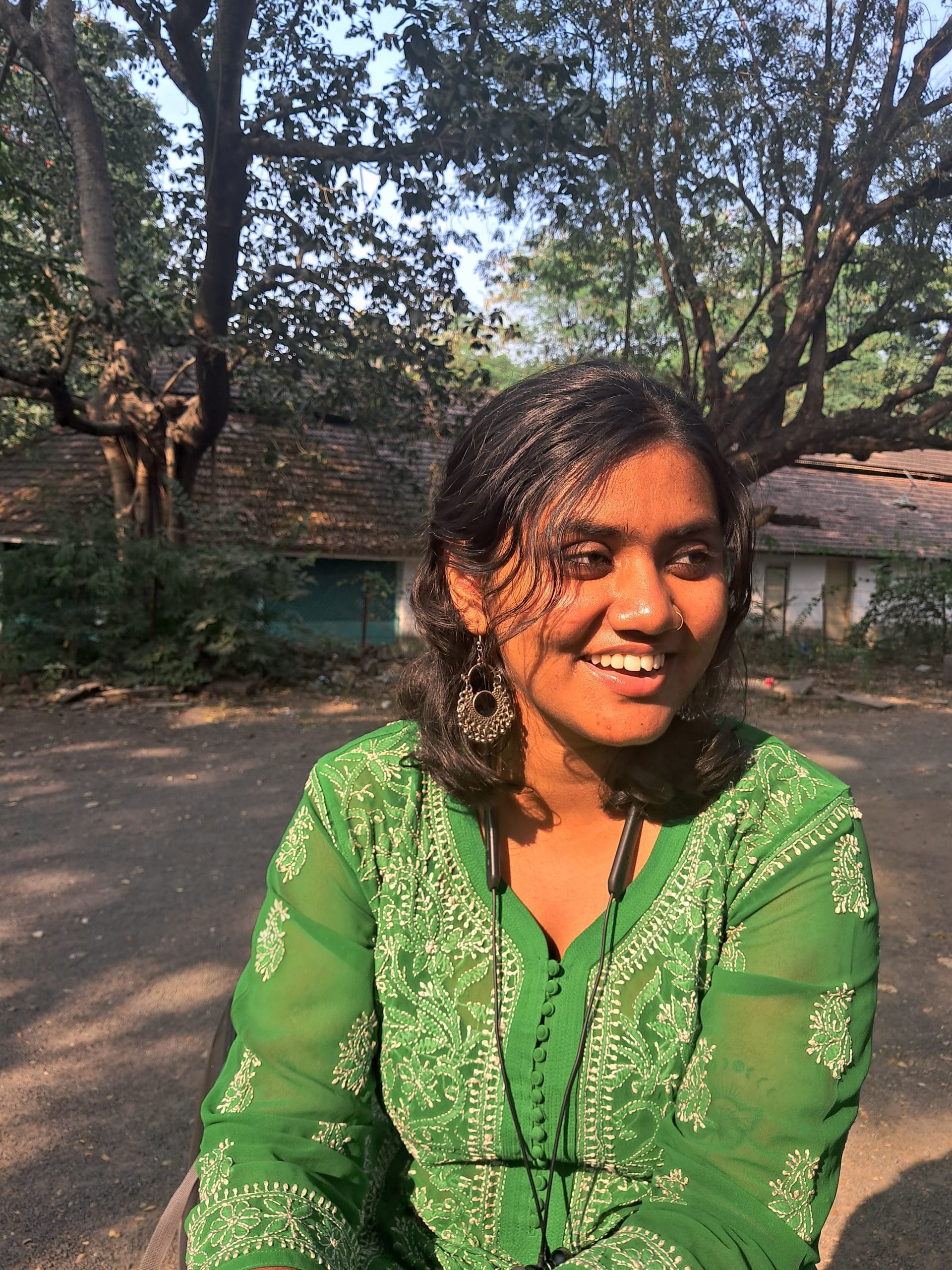Unmasking Motherhood: Postpartum Depression in South Asia
Pragya Gurung
June 14 , 2024

Welcoming a child is an euphoric experience for families worldwide. However, post-childbirth challenges often go unnoticed especially in South Asian cultures when discussing mental health, which can be taboo.
The idealised mother image, embodied by unconditional and boundless devotion, or “maa ka pyaar” (mother’s love), places immense pressure on mothers to prioritise their baby's needs over their well-being. Often, this is done at the cost of their mental health.
It is okay to not feel how you were taught, even if you are downright struggling.
This blog explores postpartum depression and the stigma surrounding it in many South Asian communities.
Understanding Postpartum Depression
Postpartum depression (PPD) also referred to as postnatal or peripartum depression, is a cluster of symptoms that develop during pregnancy or within the first weeks to months after childbirth (postpartum) and can affect not only the biological mothers but even adoptive parents, fathers and surrogates.
The term "postpartum depression" serves as an umbrella term to describe a range of physical and psychological issues that arise following childbirth.
Baby blue vs Postpartum depression
Being a new mother can bring uncertainties and doubts, often accompanied by hormonal mood swings referred to as “baby blues”. This is a common experience (affecting 50%-75% of women) characterised by milder symptoms of mood changes, and sadness, that resolve within two weeks to a month.
In contrast, postpartum depression is far more serious and persistent. It is a type of perinatal depression marked by feelings of anxiety, profound sadness, disconnection from the child, obsessive care, intense fatigue, and often a struggle to motivate themselves to care for the baby or herself.
This condition if left untreated can last for several months or longer.
Warning Signs of Postpartum Depression
Recognizing the warning signs of PPD is crucial for early intervention. If the following symptoms last for over 2 weeks to a month it may indicate PPD.
Feeling depressed most of the day every day, making it difficult to enjoy parenthood or any other daily activity.
Panic and anxiety are fueled by the fear of being judged or ostracized for not fulfilling traditional roles.
Internalizing cultural attitudes leads to feelings of shame or guilt for struggling with mental health.
A lack of interest in things once enjoyed, changes in appetite, and sleeping patterns.
Thoughts of suicide or of hurting oneself or the baby, which demand immediate attention.
Recognize These Signs? Seek Help Now!
If you or someone you know is experiencing these symptoms, seeking help is crucial and a step towards destigmatization for mothers everywhere.
For support and resources, visit Heart It Out.
Or,
The International Association for Suicide Prevention (IASP): South Asia Region
Befrienders India: This helpline provides crisis intervention and emotional support services via phone, email, and chat.

Photo by Pelayo Arbués Team on Unsplash
Causes and Risk Factors of Postpartum Depression
The exact cause of Postpartum depression is still unknown, it can happen to any mother after having a baby, but the combination of biological, psychological, physical, and social factors and likely to contribute to the condition.
For instance, individuals with a family history of depression may be at higher risk.
Furthermore, during pregnancy, there is a high level of hormones but the first 24 hours after giving birth, these hormones (estrogen and progesterone) quickly go back to their normal levels. This rapid drop in hormone levels may lead to PPD.
Other risk factors may include:
History of depression in the past or during previous pregnancy.
History of physical or sexual assault/ domestic violence.
Complications during pregnancy, like preterm birth, being pregnant with multiples, birth defects, or pregnancy loss and unplanned pregnancy.
Negative thoughts and feelings about being a mom and having trouble adjusting as a mother.
Nima’s Story: Breaking the Stigma of Postpartum Depression in South Asia
The diverse culture of South Asian mothers has been woven with a vibrant tapestry, each thread celebrates the unwavering strength and devotion of a mother. These threads in turn imprisons them to the stigma, silencing them and slowly chipping away a mother’s spirit. It is a paradox as beautiful as the tapestry itself, reflected in Nima’s journey.
Despite being raised in a loving, close-knit Gujarati family and having a seemingly perfect life, 31-year-old Indian-origin California native, Nima died by suicide in July 2020 due to untreated postpartum depression. She became overly obsessive and paranoid about her baby’s care and struggled to see why she needed treatment when other mothers could manage all alone. This caused her to see herself as a failure to society and oneself.
“"Society: Don't blame anyone, don't blame my husband, my in-laws, or my family- they are not responsible for anything. I felt the way I felt because of myself... I lost the Nima I knew....Please let me go in peace." ”
- -From an unsent draft saved on her phone.
This caused a widespread movement within the South Asian communities with the hashtag: #breakthestigma4nima. You can find many stories on social media with countless women sharing their PPD experiences.
A Path to Recovery
Coping with Postpartum depression can be a taxing and a lonely experience however the right method could help you find your joy once again.
Therapy and Counselling
- CBT (cognitive behavioural therapy) - It helps identify and change negative thought patterns and provides practical suggestions to manage the symptoms.
- Interpersonal Therapy (IPT)- This helps improve interpersonal relationships, especially for new mothers navigating changes in their relationships.
Social Support - Support groups or the support of loved ones is very crucial for recovery, as sharing experiences and receiving emotional support from peers can be incredibly empowering.
Medication like antidepressants or hormone therapy has been shown to reduce PPD symptoms, but they should be taken only with direction from a healthcare professional as they may affect the baby during breastfeeding.
Self-care is also an important aspect that affects one’s depressive symptoms. Nutritious diets, regular sleep, and exercise can boost mood and energy levels, which in turn helps deal with postpartum depression.

Photo by Bethany Beck Team on Unsplash
Conclusion
Motherhood is not a one-size-fits-all experience and as much as we celebrate its joy, it is crucial to foster open communication and acknowledge the real struggles that come with this journey.
Postpartum depression is a severe mental health issue with significant consequences for the parents, the child, and the family, so let's take a step towards empowering mothers/parents to seek help, celebrate their strength, and provide the support they need to thrive and not just survive.
Keep Reading
Started reading,
found my glow!
New blogs dropping soon – Sign up!
© EmbraceWell. All rights reserved




























